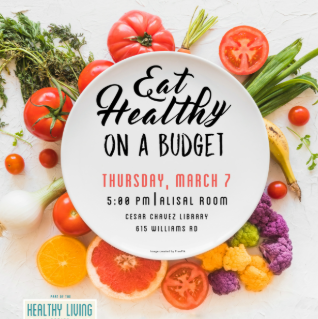Eating healthy doesn’t have to mean spending a lot of money. With a little planning and smart choices, you can enjoy nutritious meals while keeping your budget in check. Here are some simple tips to help you eat well without overspending.
Plan Your Meals Ahead
One of the best ways to save money is to plan your meals for the week. This helps you avoid last-minute takeout and reduces food waste. When you know exactly what you need, you can make a detailed shopping list and stick to it, which prevents impulse buying.
Buy Seasonal and Local Produce
Fruits and vegetables that are in season and grown locally are often cheaper and fresher. Visit your local farmers’ market or grocery store to find the best deals. Seasonal produce also tends to be more flavorful, making your meals tastier.
Choose Whole Foods Over Processed
Whole foods like beans, lentils, brown rice, and oats are affordable, nutritious, and filling. They can form the base of many healthy meals and are often less expensive than processed foods or ready-made meals.
Cook in Batches and Use Leftovers
Cooking large portions and saving leftovers can save time and money. You can freeze extra meals for busy days, which helps avoid expensive convenience foods. Plus, leftovers can often be turned into new dishes, adding variety without extra cost.
Shop Smart for Protein
Protein is important, but it doesn’t have to come from expensive sources like meat or seafood. Eggs, canned tuna, beans, and tofu are budget-friendly and packed with nutrition. Buying meat in bulk or on sale and freezing it can also save money.
Limit Eating Out
While dining out is enjoyable, it’s often costly and less nutritious. Preparing meals at home gives you control over ingredients and portion sizes, helping you eat healthier and spend less.
With these tips, eating healthy on a budget becomes achievable and enjoyable. Small changes in how you shop and cook can make a big difference for both your health and wallet!



